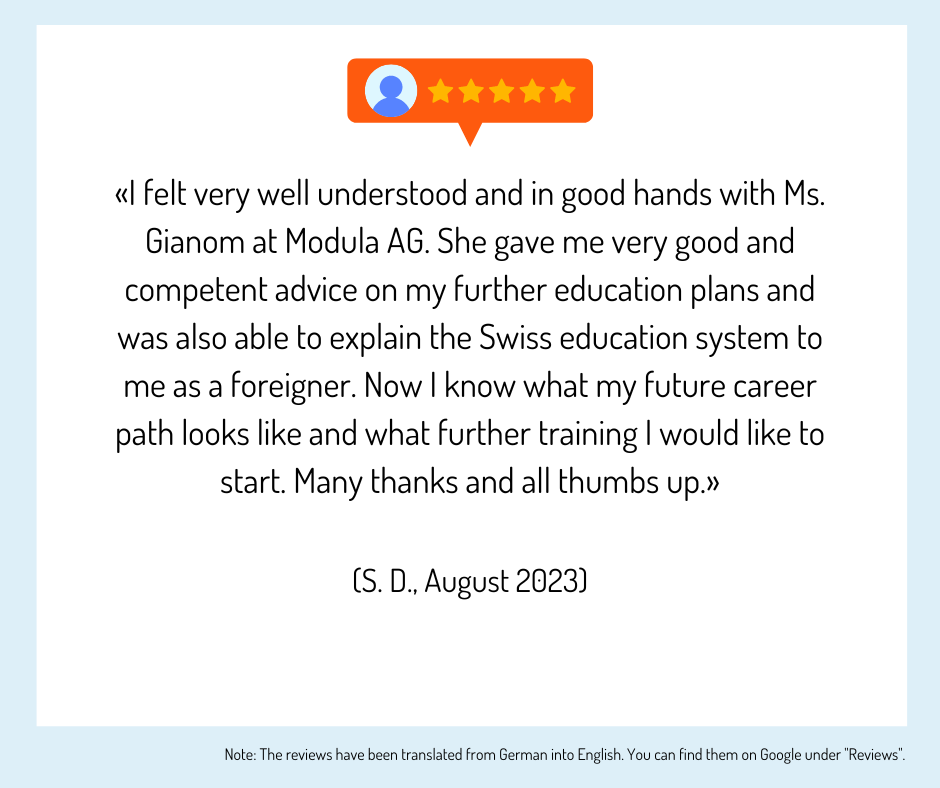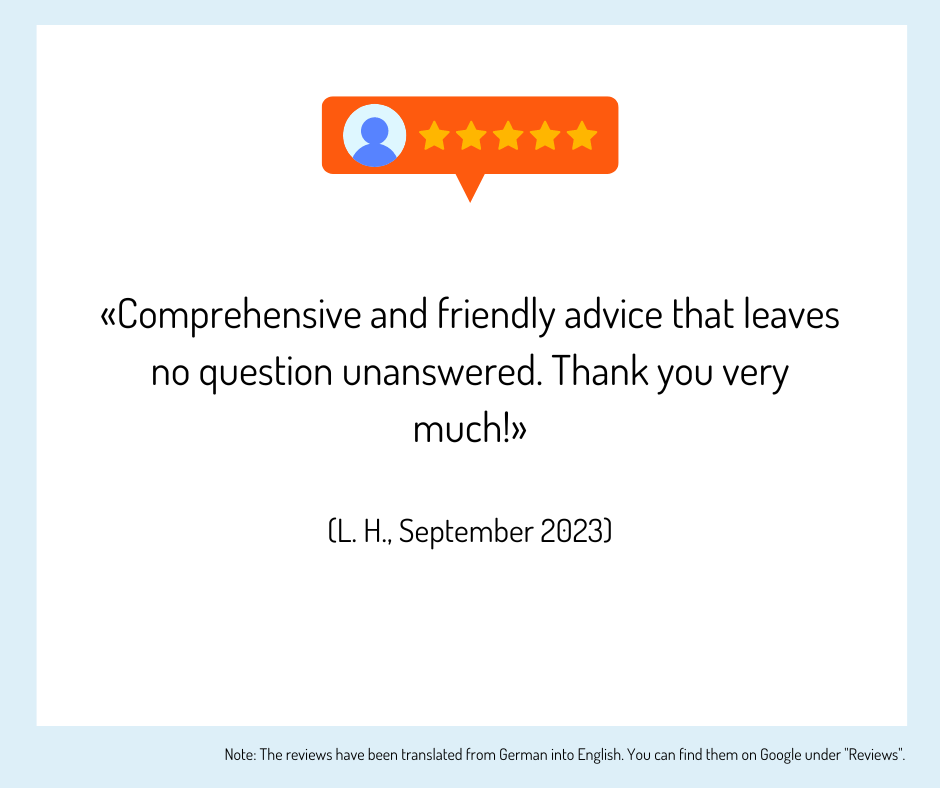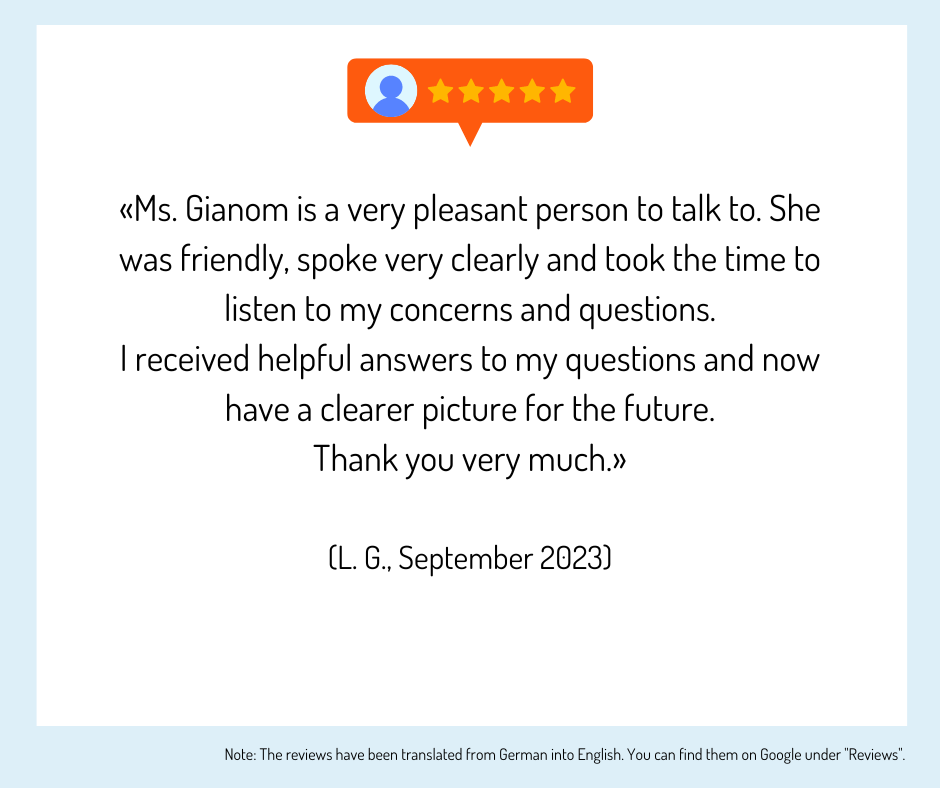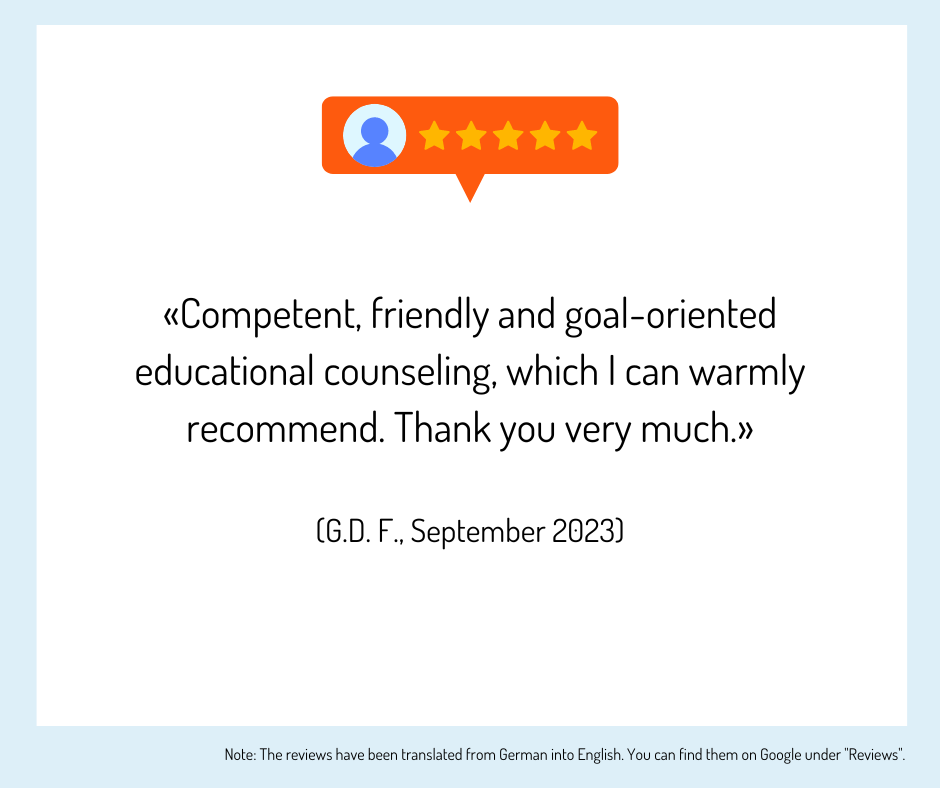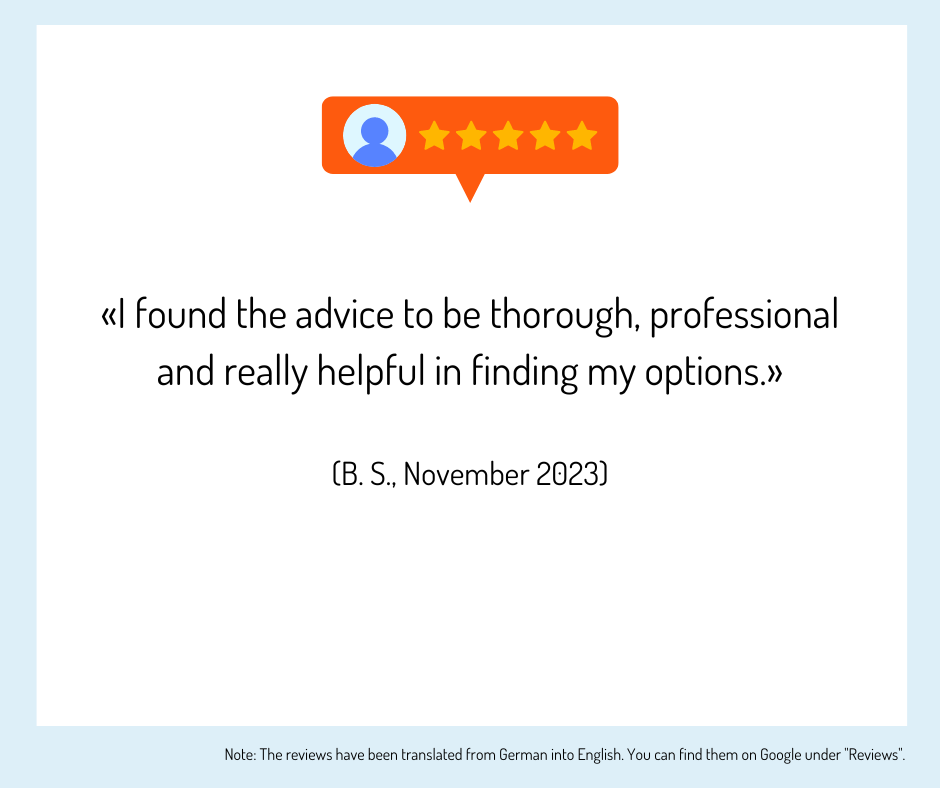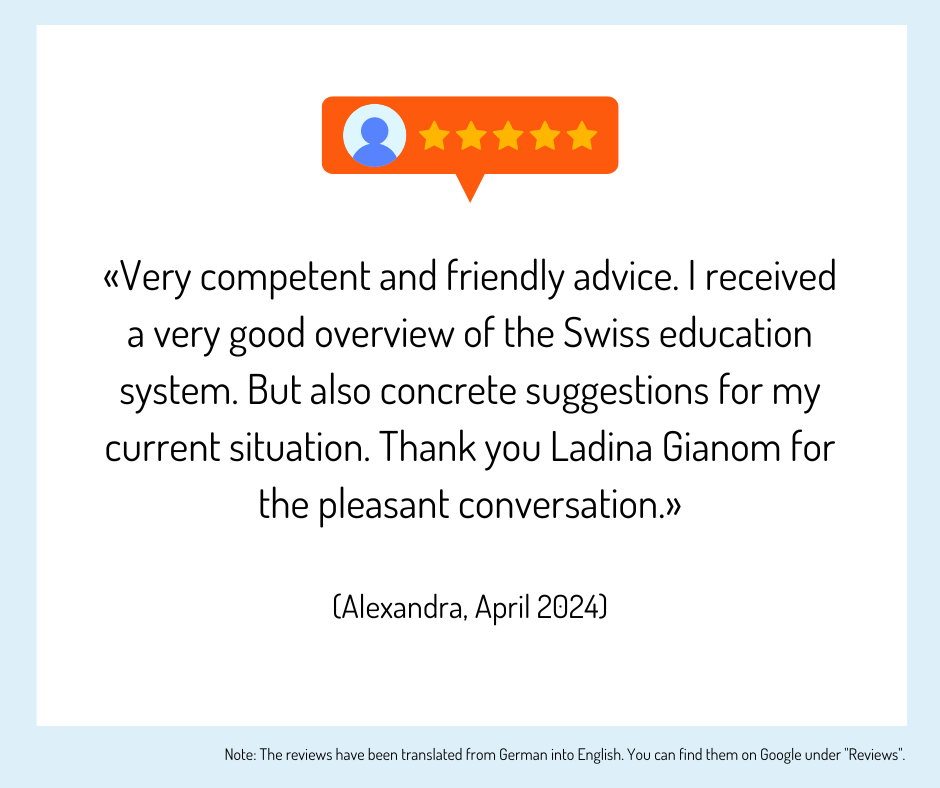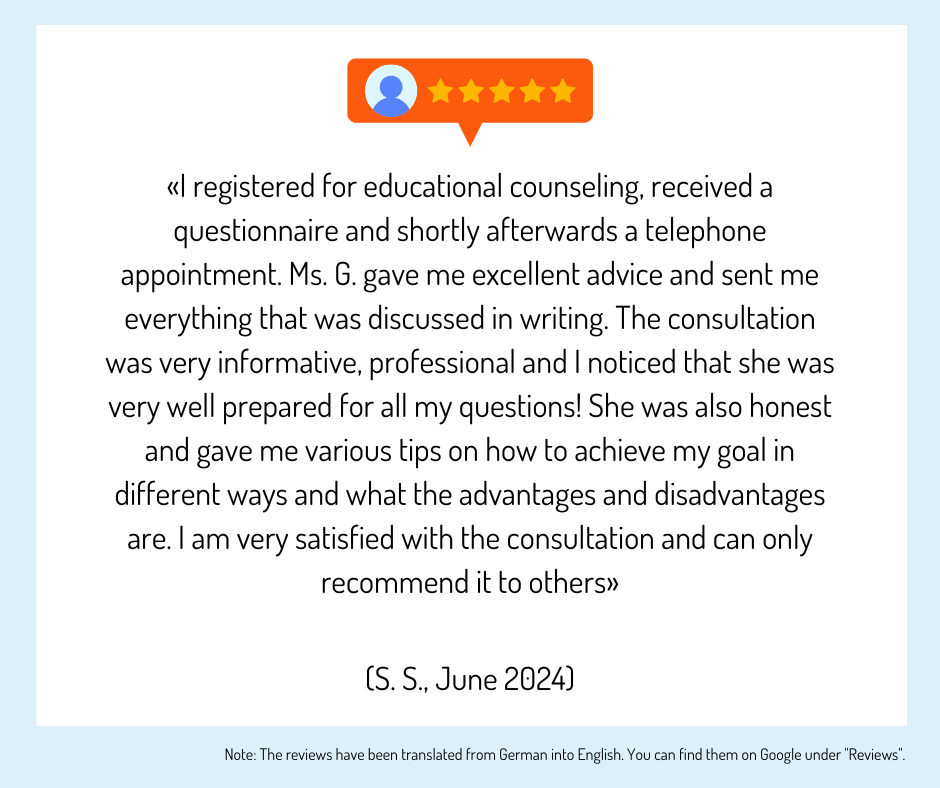Multilingual communication: Bachelor, studies, schools and information
Multilingual communication, oral communication and language mediation - a professional field for language talents
Questions and answers
What degree do Multilingual Communication graduates receive?
Graduates of the Multilingual Communication course obtain a Bachelor of Arts ZFH Applied Languages degree with a corresponding specialization.
What are the aims of the degree course in Multilingual Communication?
Linguistic and communication skills are trained and consolidated in the foundation course of the Applied Languages degree program. The focus is on linguistics and translation, but basic knowledge of law, marketing, technology and IT is also taught in order to acquire the specialist knowledge required for future interpreting work. During the specialization in Multilingual Communication, students learn how to interpret in a wide variety of contexts and test their skills in a wide range of intercultural contexts. In addition to oral communication, students learn how to coordinate projects, organize events and the basics of social media communication.
Which languages can be chosen in the Bachelor's degree program in Multilingual Communication?
Three study languages are used during the Bachelor's degree program in Multilingual Communication: The basic language and two foreign languages. The mother tongue, which can be German, French or Italian, is usually chosen as the basic language. Depending on the basic language, a different first and second foreign language can or must be chosen. In the case of Italian and French, the first foreign language is German and the second foreign language is English. For the basic language German, students can choose between English, Italian, French or Spanish as their first or second foreign language, whereby English must be one of these. A third foreign language can be taken from the third semester onwards. This can be either French, Italian or Spanish, whereby at least language level C1 must be achieved and an aptitude test passed. Alternatively, Portuguese, Swedish, Russian, Chinese or Arabic can also be taken if there are sufficient participants and they have a basic knowledge of these languages.
Is it possible to study for a Bachelor's degree in Multilingual Communication part-time?
The Bachelor's degree program in Multilingual Communication can be completed both full-time and part-time. The full-time course lasts six semesters, depending on the intensity of the part-time course, this takes around ten semesters.
How is the Bachelor's degree program in Multilingual Communication structured?
The first two semesters of the Bachelor's degree course in Applied Languages are basic studies in which language, cultural and translation skills are taught, as well as knowledge of linguistics and contextual knowledge. In the third semester, students choose a specialization: Multilingual Communication, Multimodal Communication or Technical Communication. An internship semester or a semester abroad takes place in the fifth semester.
Erfahrungen, Bewertungen und Meinungen zur Ausbildung / Weiterbildung
Haven't found the right training or further education yet? Benefit from educational advice now!
Further training is not only important in order to maintain or increase professional attractiveness, investing in training or further training is still the most efficient way to increase the chances of a pay rise.
The Swiss education system offers a wide range of individual training and further education opportunities - depending on your personal level of education, professional experience and educational goals.
Choosing the right educational offer is not easy for many prospective students.
Which training and further education is the right one for my path?
Our education advisory team will guide you through the "education jungle", providing specific input and relevant background information to help you choose the right offer.
Your advantages:
You will receive
- Suggestions for suitable courses, seminars or training programs based on the information you provide in the questionnaire
- An overview of the different levels and types of education
- Information about the Swiss education system
We offer our educational counseling in the following languages on request: French, Italian, English
Register now and concretize your training plans.
